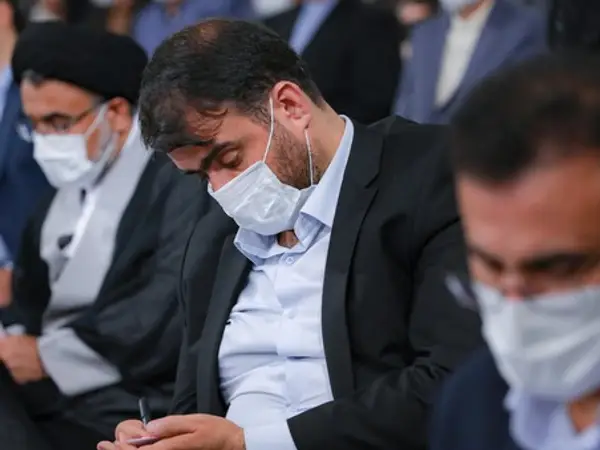Enemies of Iran's regime have always miscalculated its stamina to survive, Supreme Leader Ali Khamenei said on the anniversary of a massive bombing in Tehran.
On June 28, 1981, a bomb hidden in the microphone, or the audio system, exploded at a meeting of the Islamic Republican Party killing around 70 top officials of the new revolutionary government. The chief prize for whoever was behind the plot was ayatollah Mohammad Beheshti, seen at the time as the number two figure after the founder of the clerical regime, ayatollah Ruhollah Khomeini. Beheshti died.
The Supreme Leader paid his utmost respects to Beheshti in his speech, but introduced him as a top judicial official, not as the powerful figure he was at the time.
Khamenei reminisced the tough months in the summer of 1981, when the Mujahedin organization (MEK) and a variety of leftist and Marxist groups challenged Khomeini and the Islamic Republic.
“They threw everything they had at us,” but the regime survived and has continued to survive for four decades, the aging leader boasted.
Indeed, the regime has survived, but Khamenei did not mention the methods used for survival. For one, he failed to mention the hundreds of people executed right after the revolution, all without a real trial, including Amir-Abbas Hoveida, the long-time prime minister during the monarchy, who had no trace of financial corruption and was known for his diligent pursuit of economic development.
Khamenei also failed to mention the jailing of thousands of MEK members and other leftists in the 1980s, and Khomeini’s decision to massacre them in prisons while they were serving their sentences. Around 5,000 prisoners were killed in 1988 in a matter of 30 days.
He also did not mention the ‘chain murders’ of intellectuals in the early 1990s and the thousands of journalists, dissidents and ordinary people killed during protests or use of excessive force by the government in the three decades since.
Khamenei also claimed in his speech that Islamic Republic’s enemies have been looking for its demise for more than four decades, seeing signs of weakness as potential good news, but they have been disappointed.
“The enemy cannot understand that in this world, other than political calculations, there are also other considerations, which are God’s rules and traditions,” he said. Khamenei has been reinforcing his legitimacy by claiming that he is the highest Shiite authority on earth, and it is the hand of God that has secured his rule.
Khamenei also did not mention Iran’s economic decline since 1979, especially in the past 15 years as his foreign policy and nuclear program have brought about devastating sanctions. The currency rial has fallen by close to 4,500-fold since 1978, from 70 rials to the dollar to over 300,000.
Facing serious economic problems and continuing anti-government protests, he called on his followers to stick with “God’s rules”, meaning “jihad” to defend the regime.
He then repeated worn-out slogans, such as fighting corruption, while just this week news emerged about another massive embezzlement case of more than $700 million dollars in animal feed imports.
Khamenei also asked the hardliner judiciary, which is controlled by him, to deal with cyperspace to protect "people's psychological peace", implicitly encouraging a push by his followers to restrict access to the Internet.
